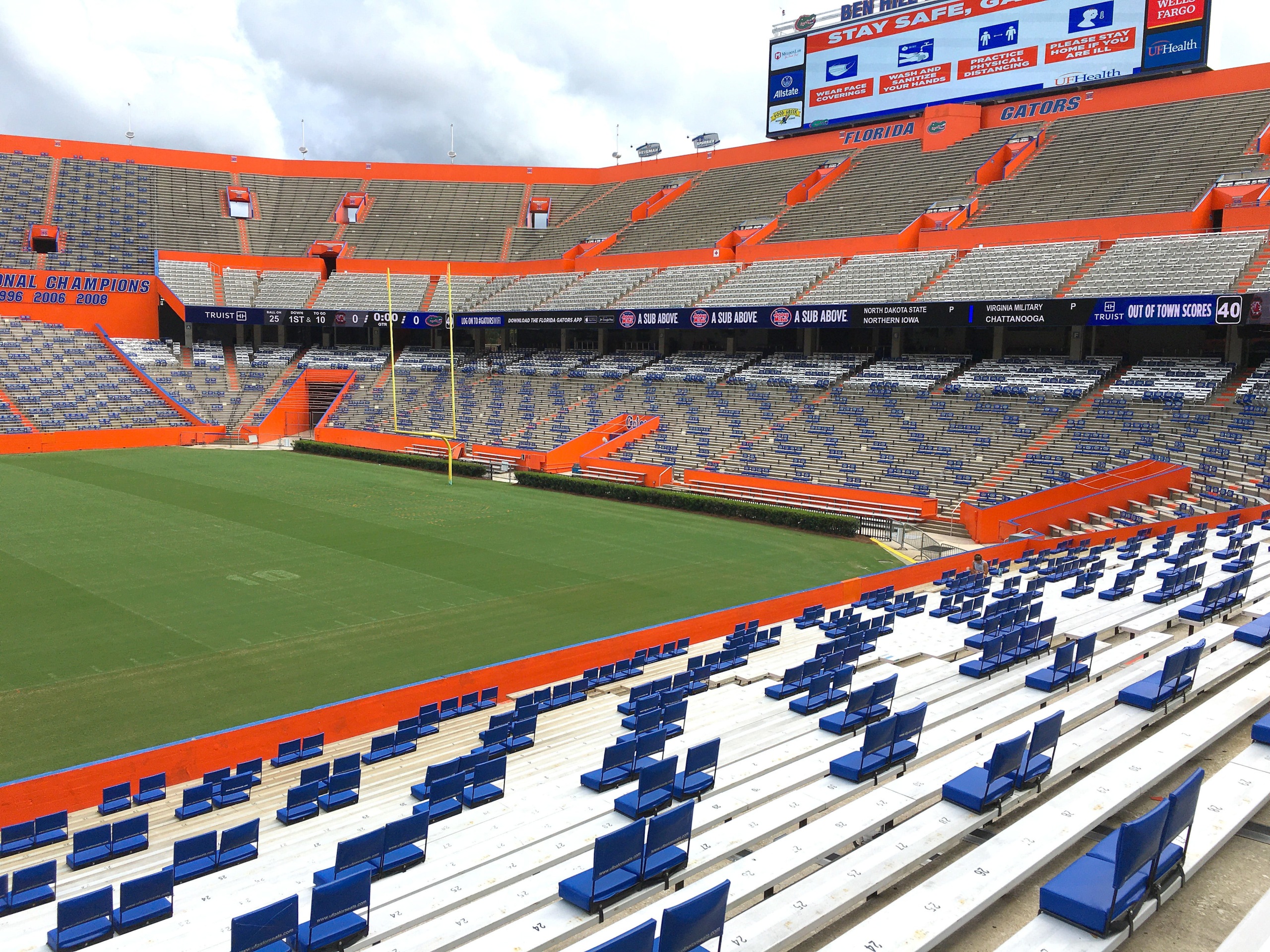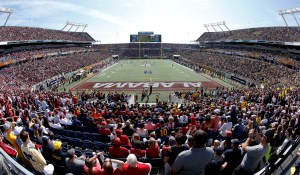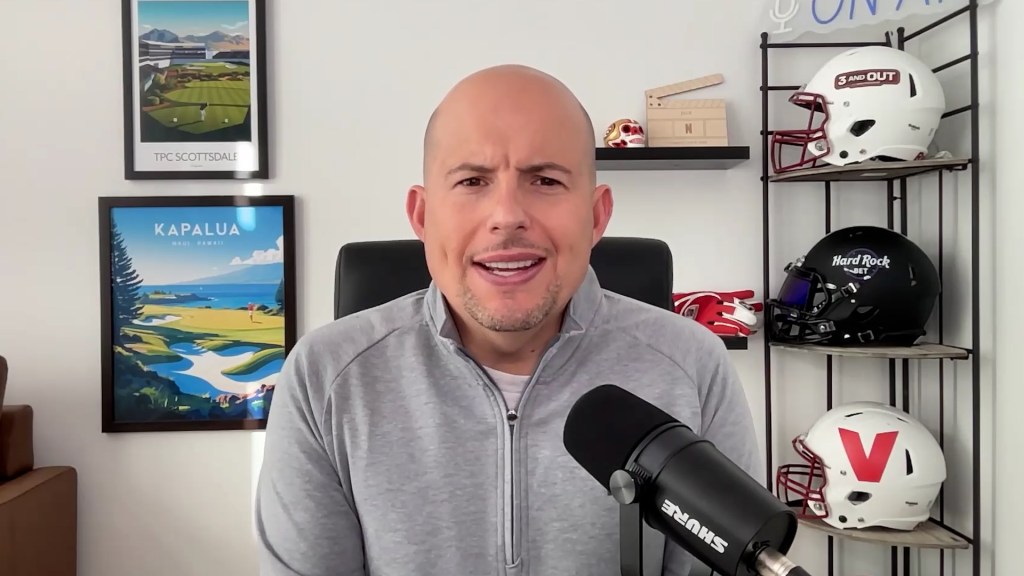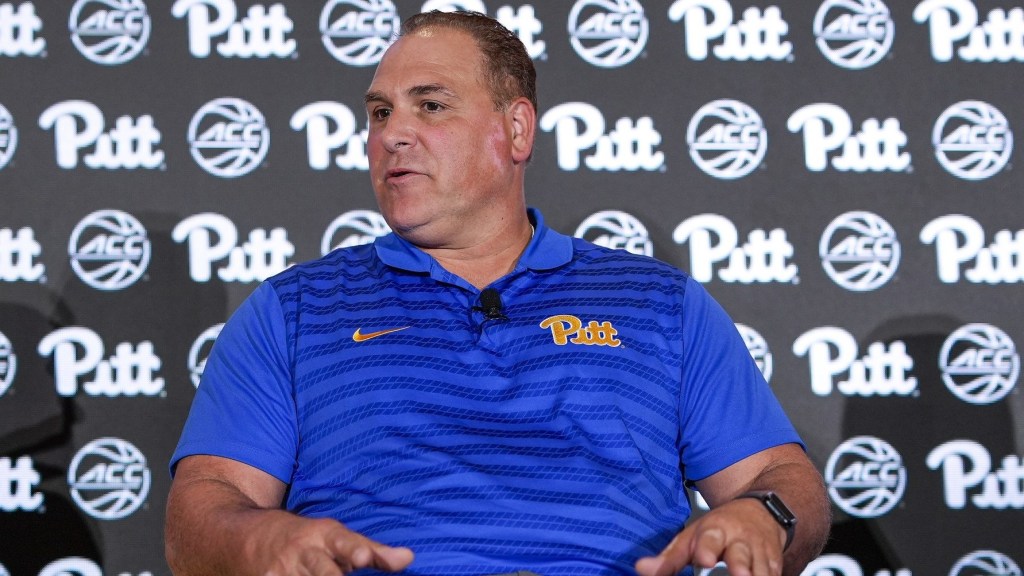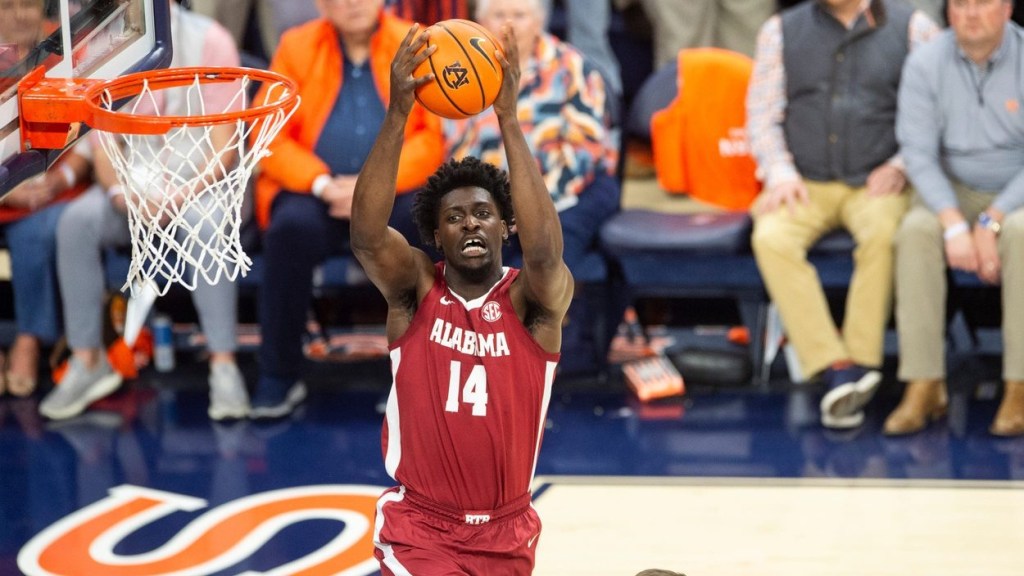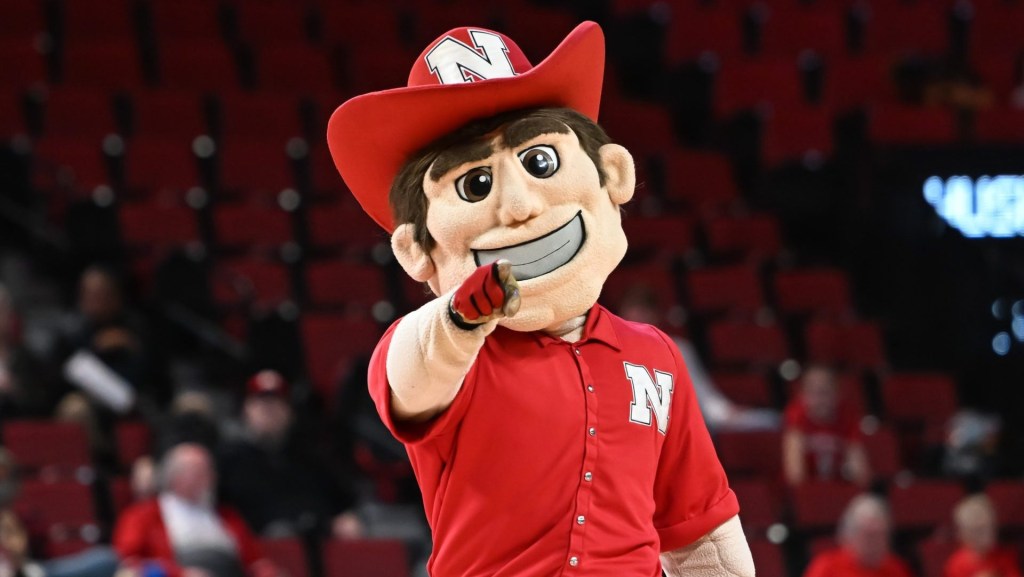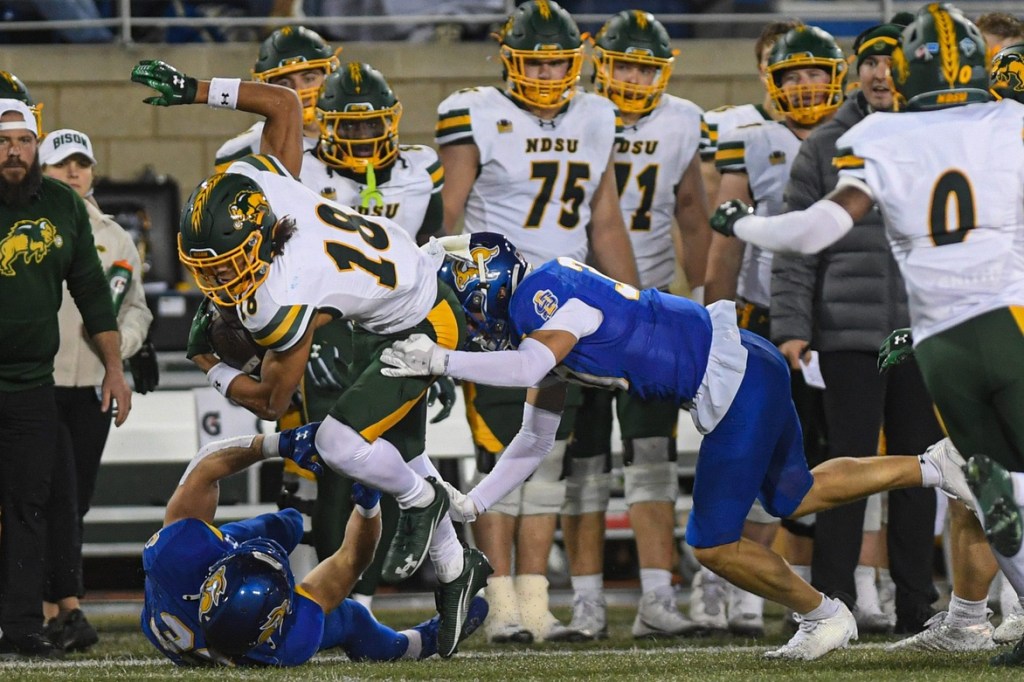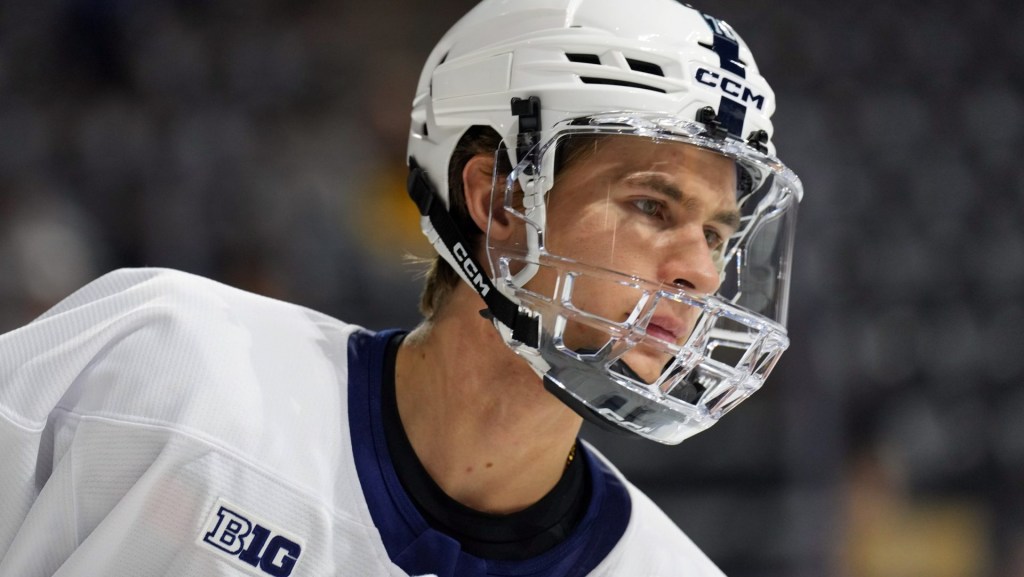More than 20 members of the University of Florida football team had tested positive for COVID-19 by Oct. 14, signaling an outbreak that has sidelined the Gators and postponed its matchup this weekend against LSU.
But Florida represents only one of four SEC teams that COVID-19 touched this week: Vanderbilt also had to postpone games due to a COVID-19 outbreak, Alabama head coach Nick Saban and athletic director Greg Byrne both tested positive, and Ole Miss is fighting an outbreak, according to head coach Lane Kiffin.
“We’re just trying to manage it the best we can,” Kiffin told reporters on Oct. 14.
Kiffin’s quote provides a fitting description for perhaps every single FBS football conference currently playing, as all six have experienced outbreaks, cancellations and postponements since the season began. Every conference has developed their own strategies for testing, contact tracing, and other safety measures because the NCAA did not provide strict protocols for all schools to follow. But no strategy has kept COVID-19 completely at bay.
As of Oct. 15, 31 games have been postponed for COVID-19 related reasons, according to a CBS Sports tally. But that number doesn’t represent how many teams have suffered outbreaks, as not all college football teams are releasing their test results. Many, like the University of Missouri, have played games despite one or more athletes or staff members testing positive.
But the human toll to keep the billion dollar FBS football season chugging is great.
At the core of each COVID-19 safety strategy for FBS football teams is the idea that one positive test will not automatically derail team activities. Within this framework, the SEC touts arguably one of the most fortified COVID-19 strategies of all the conferences currently playing. It mandates that football players test a minimum of three times a week, and has procured both PCR and rapid antigen tests for schools to do so. It also obtained the same contract tracing devices used by the NFL, that athletes wear to keep track of how often players come into close contact with each other during practice.
The conference even has strict quarantine protocols: Athletes who test positive must isolate for a minimum of 10 days, and must undergo a four-day period that reacclimates them to full practice after isolation. Anyone who is found to have been within the CDC’s definition of close contact with positive athletes via contact tracing must be isolated for 14 days. And if a team can’t field at least 53 scholarship athletes, it can’t play a game.
The SEC also has a mandatory mask policy on the sidelines, though college football has been criticized in general for not punishing detractors of this policy like the NFL has.
And those are just the minimum protocols. Alabama, for example, began testing athletes daily, Saban recently told reporters. As of the morning of Oct. 16, it remained unclear how many athletes may have to quarantine as a result of contact with Saban.
The university community in general battled a COVID-19 outbreak in August and September, when more than 2,000 community members tested positive. Students who Front Office Sports spoke with at the time said they believed those in the athletic department were safer than the rest of the student body. Now, that belief has been called into question.
The ACC and Big 12 have similar minimum guidelines, though the ACC guidelines notably don’t include a numerical threshold for how many total players must be eligible to play in order for a game to proceed. Notre Dame — playing in the ACC this year — dealt with an outbreak that led to the postponement of a September game against Wake Forest; the Notre Dame university community has also suffered at least one major outbreak. North Carolina State also postponed a game at the start of the season as a result of department-wide outbreak. Baylor, in the Big 12, has missed multiple games due to COVID-19.
The virus has also roiled teams in all three of the non-Power 5 conferences currently playing who may have less cash to toss at expensive COVID-19 safety protocols. Conference USA has dealt with multiple COVID-19 cancellations, and the AAC and Sun Belt have each seen at least one game postponement, the most recent of which was caused by an outbreak among players at the University of Cincinnati.
“We knew this season was going to require a lot of patience and flexibility and disruptions were likely to happen,” Cincinnati athletic director John Cunningham said in a statement.
The other four FBS conferences starting their fall season in the next month have all established protocols, but it isn’t clear whether they’ll yield better results than those of conferences already playing. The Mountain West and MAC conferences will test athletes three and four times a week, respectively. Perhaps the Big Ten and Pac-12 strategies, which include daily rapid testing, will fare better.
The FBS football season, despite all this, shows no sign of slowing.
